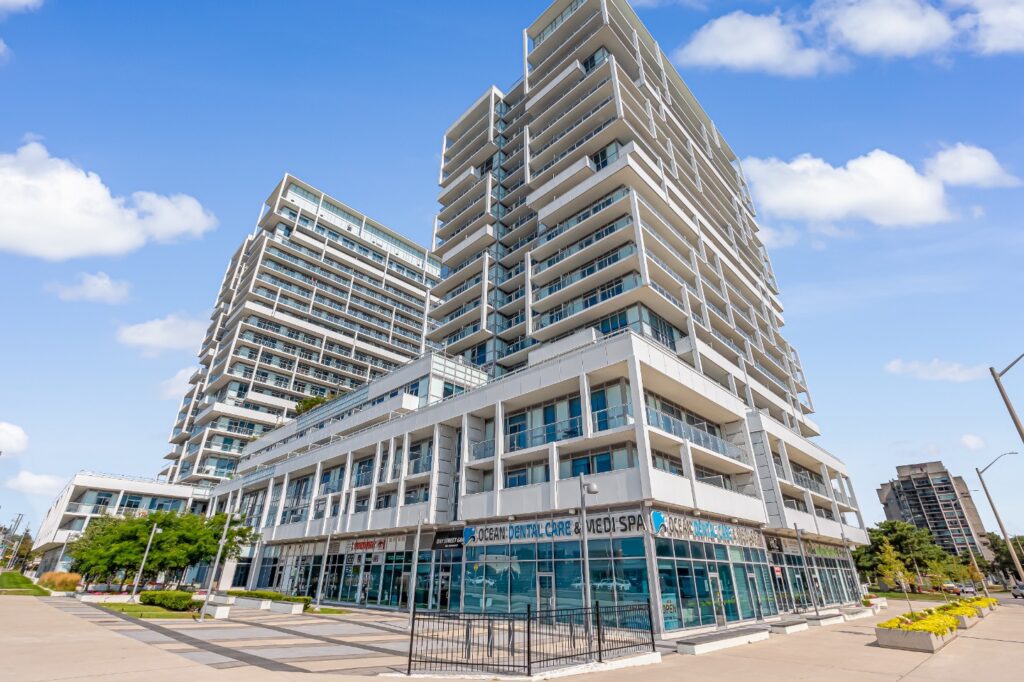Are you a homeowner who’s ready to settle down somewhere new? Whether you’re looking to move up in the housing market or you’re relocating to a different area, you have two options. You can either sell the home you live in now, or rent it out as an investment property.
If you’re feeling a little torn, we understand. Going either route has its advantages—and its possible drawbacks. That’s why it’s so important to weigh your options carefully.
If you’re deciding whether to sell your property or rent it out, here’s what you need to consider…
Potential cash flow
If you’re thinking of taking on a tenant, be aware of the expenses you’ll need to cover on an ongoing basis. Mortgage payments, insurance, taxes—it all takes a bite out of your potential profit. In some cases, rental properties even wind up being cash-flow negative (which means they cost the landlord more money than they bring in through rent).
If steady monthly income is your goal, now is the time to do some math. Tally up all of your regular expenses, and subtract them from what you can expect to bring in for rent each month.
To get a sense of what you can reasonably charge, research what local landlords are getting for similar places in your area. When you’re calculating costs, be sure to leave a sizeable cushion for potential emergencies—like a roof leak or broken HVAC system.
Your return if you sell
Knowing how much you could get by renting out your property is only half the equation. To weigh your options effectively, you should also have a sense of how much you’d likely receive if you sold it. Of course, it’s impossible to know the exact figure (at least without a crystal ball). What you can do is make an educated guess based on the facts.
To get a good idea of what buyers may be willing to pay, you’ll need to look at how much similar properties in your area have recently sold for. That’s easier said than done. It means choosing homes with the right mix of features and amenities within an appropriate radius. Luckily, a knowledgeable local agent can find comparable properties, access their sold prices, and pull it all together to paint a complete picture.
Your landlord capabilities
Of course, this decision is about more than money. It’s also about your future goals and lifestyle. Becoming a landlord means taking on new responsibilities—and some potential risk. It means taking after-hours calls if a toilet gets clogged, footing the bill if an appliance needs to be replaced, and (in general) making sure you meet your responsibilities under the Residential Tenancies Act.
If you won’t have the time and energy to act as a landlord but you still want to hold onto your home as an investment, consider working with a property manager. There are some really good ones out there (but of course, you’ll still have to factor in the cost of hiring someone).
The area
One of the most important things to consider if you’re thinking of renting out your property is its location. If it’s in a popular neighbourhood (or one that’s on the upswing), it could mean enjoying relatively high monthly rents—and impressive price appreciation when you sell down the line.
On the flip side, a home in an area that isn’t poised for future growth may not be a great long-term investment. When you’re assessing potential, look at things like new local business development and renovations to local parks and other public spaces.
The bottom line
So, should you sell your property or rent it out? The truth is, it really depends. Only you know your moving timeline, and whether you need the money sooner rather than later. But when it comes to assessing your potential returns, a local agent can help! Are you ready to decide what your next step should be?
Thinking of selling your home? We can help you understand the process, and what to expect. Get in touch to get started!




